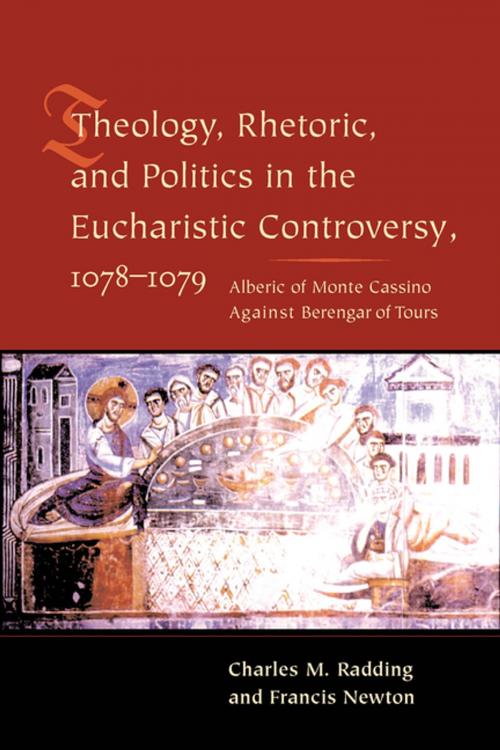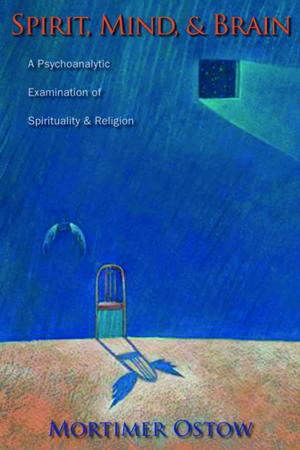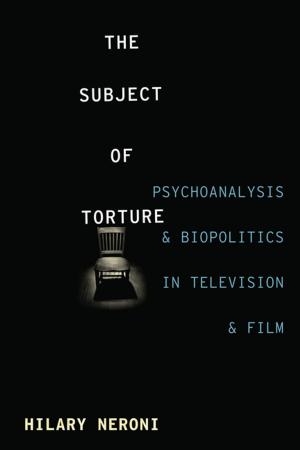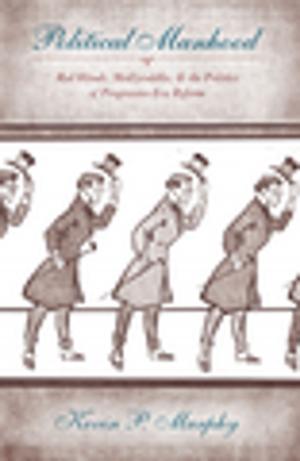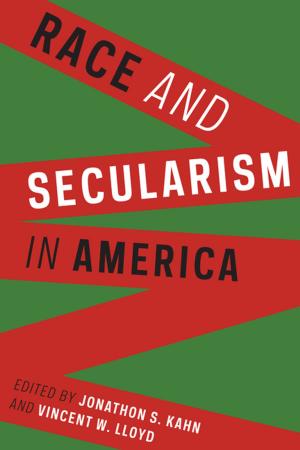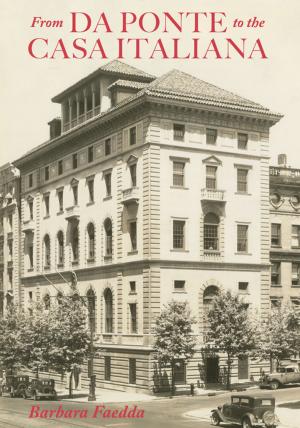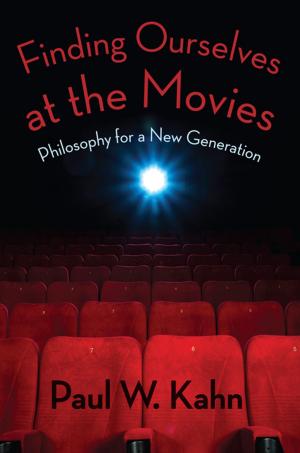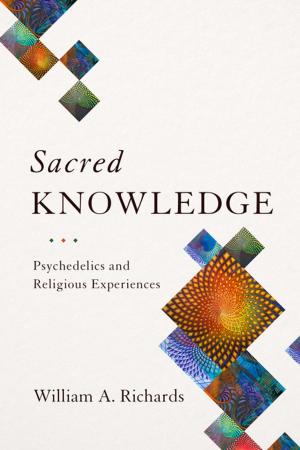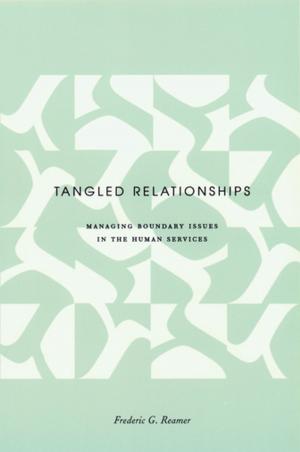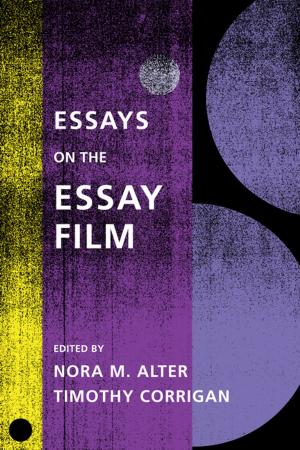Theology, Rhetoric, and Politics in the Eucharistic Controversy, 1078-1079
Nonfiction, Religion & Spirituality, Theology, Christianity| Author: | Charles Radding, Francis Newton | ISBN: | 9780231501675 |
| Publisher: | Columbia University Press | Publication: | February 12, 2003 |
| Imprint: | Columbia University Press | Language: | English |
| Author: | Charles Radding, Francis Newton |
| ISBN: | 9780231501675 |
| Publisher: | Columbia University Press |
| Publication: | February 12, 2003 |
| Imprint: | Columbia University Press |
| Language: | English |
In the concluding stages of the eleventh-century Eucharistic Controversy, which turned on whether, and how, sacramental consecration changed the nature of bread and wine at the altar, Alberic of Monte Cassino composed a small but important treatise. Alberic was the most renowned teacher of rhetoric in his time, and his treatise, buttressed by appeal to the authority of the Church Fathers, was said by contemporaries to have "utterly destroyed" the argument of his opponent, Berengar of Tours, that the bread and wine survived its consecration.
Modern scholars had long believed Alberic's treatise to be lost. This book demonstrates that this crucial document, far from being lost, is an existing identifiable text. By showing conclusively that this work was written by Alberic, Radding and Newton transform our understanding not only of the particulars of the controversy and papal politics but also of the intellectual process by which theological doctrines took shape in mediaeval Church councils. The book includes the full Latin text and the first translation of Alberic's treatise.
In the concluding stages of the eleventh-century Eucharistic Controversy, which turned on whether, and how, sacramental consecration changed the nature of bread and wine at the altar, Alberic of Monte Cassino composed a small but important treatise. Alberic was the most renowned teacher of rhetoric in his time, and his treatise, buttressed by appeal to the authority of the Church Fathers, was said by contemporaries to have "utterly destroyed" the argument of his opponent, Berengar of Tours, that the bread and wine survived its consecration.
Modern scholars had long believed Alberic's treatise to be lost. This book demonstrates that this crucial document, far from being lost, is an existing identifiable text. By showing conclusively that this work was written by Alberic, Radding and Newton transform our understanding not only of the particulars of the controversy and papal politics but also of the intellectual process by which theological doctrines took shape in mediaeval Church councils. The book includes the full Latin text and the first translation of Alberic's treatise.
